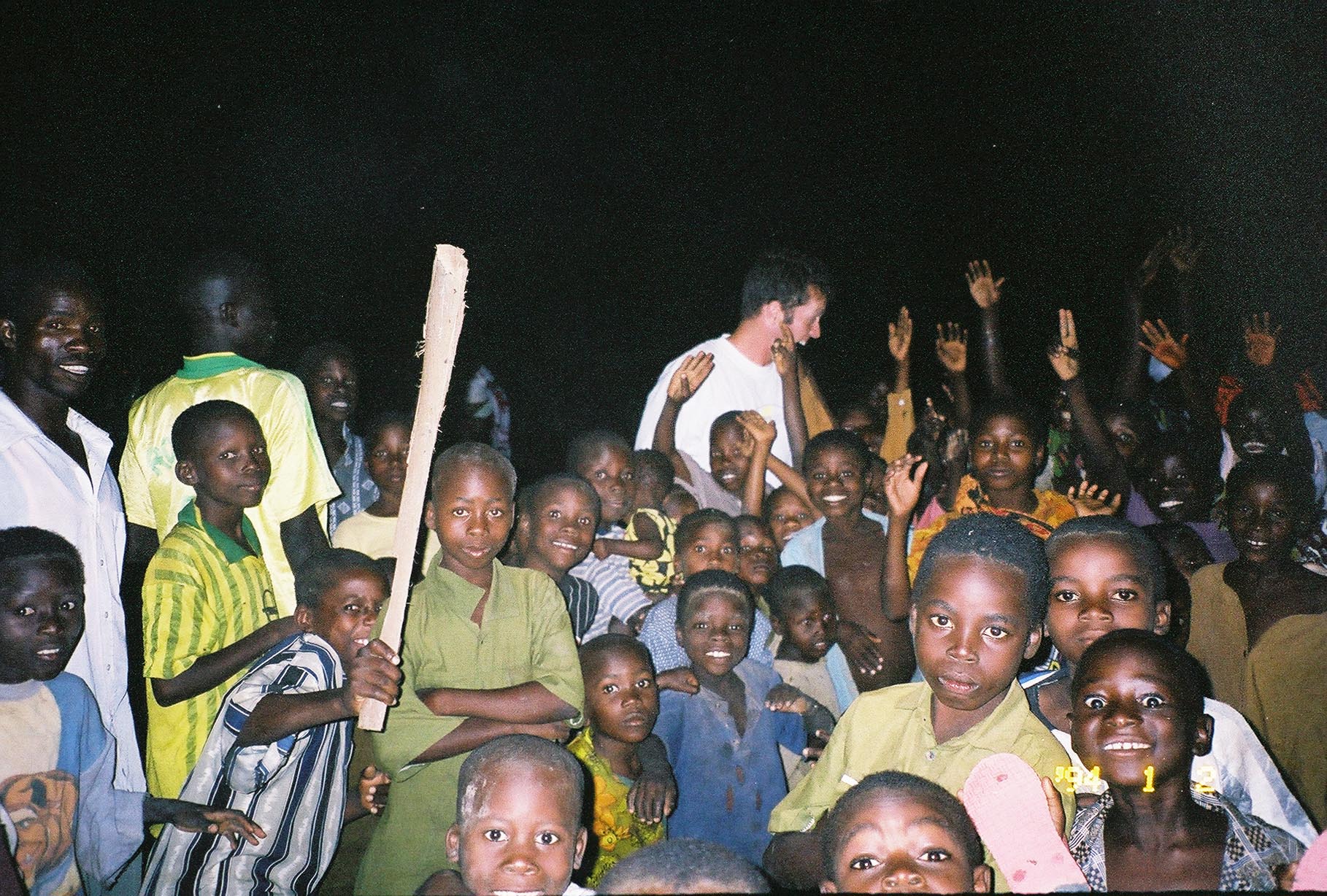
LOUISVILLE, Ky. (BP)–A year and a half ago, Southern Baptist Theological Seminary student Chris Parker learned a valuable lesson — be careful what you pick up and read.
Parker perused a missions brochure in the fall of 2001 on an opportunity to work with an unreached people group in Africa for a semester. Several months later, Parker found himself in northeast Kenya among a people group called the Upper Pokomo.
And during his six months as an International Service Corps worker with the International Mission Board, Parker learned several other valuable and life-changing lessons — like the huge need for mission workers in largely unevangelized areas.
The goal of Parker’s assignment was to learn more about the relatively unknown Upper Pokomo and their beliefs. The work would hopefully pave the way for future evangelistic efforts in the region.
“The purpose of the trip was to go in and do a worldviews survey with the Upper Pokomo people, asking questions about their values, their beliefs, the familial and societal structure within their communities — looking at all aspects of their life and culture to be able to identify things that could be barriers or bridges for the gospel,” said Parker, a Brevard, N.C., native.
The Upper Pokomo live along northeast Kenya’s Tana River, one of the three major rivers in the nation. Mostly fishermen and farmers, the Upper Pokomo are largely Islamic.
Accompanied only by a native Kenyan Christian, Parker spent almost three months among the Upper Pokomo. This came after five weeks of language school and several weeks of orientation and survey training.
Parker conducted numerous interviews in nine of the 26 villages populated by the Upper Pokomo.
“The survey itself was a little over a 100 questions,” Parker said. “We had broken it up into four parts and we would usually just go through one little section with a particular group or family. Sometimes we would sit down with the whole counsel of village elders.”
Topics ranged from society, family and values to what the people believe about God and salvation.
“A lot of the questions overlapped or they were restated in different ways just so you could get a more accurate picture of what people held to be significant,” Parker said.
All in all, Parker found out “quite a bit” that will prove helpful for future missionaries — especially regarding the Upper Pokomo’s religious beliefs.
“[Before,] we had no information on whether there was any Christian presence among the Upper Pokomo,” Parker said. “In doing the surveys, we did find a small Christian presence.”
In fact, Parker found about 8 percent of the Upper Pokomo are culturally Christian, and 2 percent are born-again believers. Still, the region remains predominantly Islamic, although some still hold to the animism of traditional religions.
“They are not extremist radicals,” Parker said of the Upper Pokomo’s Muslims. “But they are resistant to the gospel.”
Admittedly, these characteristics can present barriers to gospel proclamation. However, Parker also discovered some bridges — even within Islamic belief itself. The religion’s conviction that parts of the Old Testament are holy can offer a significant evangelistic bridge.
“If you begin teaching with these books, you can win a hearing,” Parker said.
Another possible way to reach the Upper Pokomo is through economic and agricultural assistance. In recent years, the part of the Tana River upon which the Upper Pokomo rely has been diverted from its normal flow. The resulting lower water levels have produced more mosquitoes, more diseases and less water for irrigation.
Doors for evangelism could open as Christians help overcome such difficulties, Parker said. A group coming in with methods to improve irrigation could earn trust and create an opportunity to begin teaching people about the water of life.
“Just about any evangelistic work with the Pokomo would have to be off of a platform — maybe a group coming in with methods … to improve irrigation,” he said. “Once a trust has been earned there, it might be possible to begin teaching people about the water of life.”
After his time with the Upper Pokomo, Parker spent several weeks compiling the information.
“I hope that the work will be able to effectively guide future missionaries who will be sent to the Upper Pokomo and help them be prepared to know what they need to do to help reach these people,” Parker said.
In fact, the trip helped convince Parker he might be one of those future missionaries.
“I’m definitely looking forward to getting back out in the field,” Parker said. “I hope to work to get the gospel to people who really need it — which could be just about anyone.”
The trip also opened Parker’s eyes to the value of people group research.
“My vision of what missionary work entails was definitely broadened,” Parker said. “I saw the necessity of having the research before going in to work.”
–30–
(BP) photos posted in the BP Photo Library at https://www.bpnews.net. Photo titles: TIME FOR CHILDREN and PAUSING FOR A VISIT.















